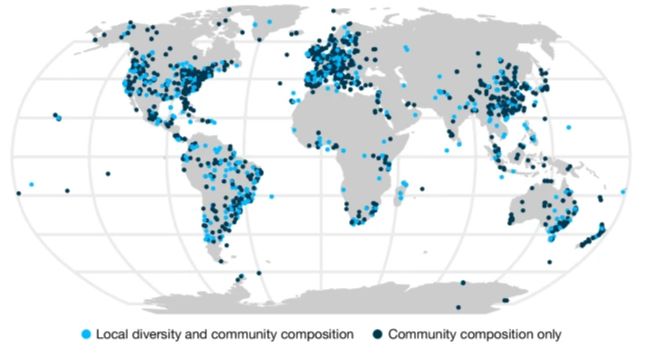
insidebiodiversity.podigee.io#subscribe

insidebiodiversity.podigee.io#subscribe
Through an unprecedented synthesis (2133 studies!) we show that humans are not only shrinking species numbers—but reshaping entire communities across the planet. 🌍🌐🐟🌿🪲
www.nature.com/articles/s41...

theconversation.com/ecological-d...

theconversation.com/ecological-d...
theconversation.com/ecological-d...

theconversation.com/ecological-d...
A great approach to encourage action on biodiversity?
Yes, but I also see a tendency for it to promote complacency
By just planning nature positive approaches people can think “job done”
Like international biodiversity agreements- setting targets is only the start
A great approach to encourage action on biodiversity?
Yes, but I also see a tendency for it to promote complacency
By just planning nature positive approaches people can think “job done”
Like international biodiversity agreements- setting targets is only the start
Society for Conservation Biology conbio.onlinelibrary.wiley.com/doi/10.1111/...

Society for Conservation Biology conbio.onlinelibrary.wiley.com/doi/10.1111/...

🌍 #conservation
www.wiley.com/en-us/networ...

🌍 #conservation
www.wiley.com/en-us/networ...
My question -- How do we create a future for scientific publishing that isn't controlled by the big publishers?
Great write-up by @jenlucpiquant.bsky.social
#SciPub 🧪

My question -- How do we create a future for scientific publishing that isn't controlled by the big publishers?
Great write-up by @jenlucpiquant.bsky.social
#SciPub 🧪
conbio.onlinelibrary.wiley.com/doi/10.1111/...

conbio.onlinelibrary.wiley.com/doi/10.1111/...


theglobalobservatory.org/2024/11/addr...

theglobalobservatory.org/2024/11/addr...



